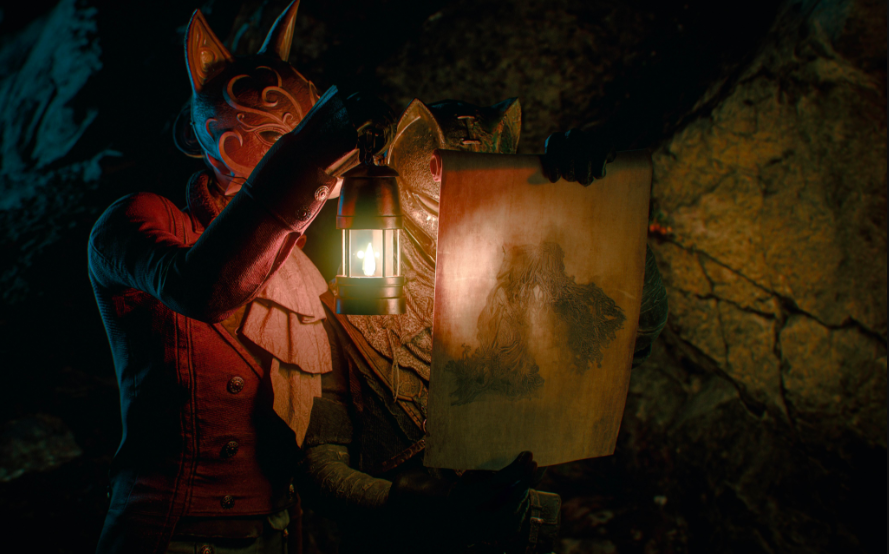Narrative-focused video games often lead us down the path of decision-making. The Soulslike genre, while not typically known for choice-driven gameplay, is about to shake things up with Lies of P. This game introduces a unique truth and lie system as one of its core gameplay mechanics. Let’s dive into the intriguing world of Lies of P and unravel what lying does in this article.
Lies of P: A Realm of Lies and Truths
Lies of P draws inspiration from Carlo Collodi’s Italian classic, “The Adventures of Pinocchio,” which is immediately evident in its characters and themes. The central theme that stands out is the concept of lying.
- Right from the start, the game invites players into a world where lying is not only prevalent but also essential.
- As the game loads with the words “Now Lying,” you know you’re in for a unique experience.
- In Lies of P, you have the power to shape the story by choosing when to tell the truth and when to spin a web of lies.
- Throughout your journey, you’ll face countless choices, and it’s up to you to decide whether honesty or deception will guide your path.
Whether it is brimming with lies or purely the truth, once a tale has been told, it can never be silenced. What will be within the pages of your story? #LiesofP
The gates have opened. Lies of P is available now: https://t.co/HoEx3kIPBB pic.twitter.com/A5irU4588M
— Lies of P (@Liesofp) September 19, 2023
Within the world of Lies of P, the puppets of the city of Krat are bound by the Grand Covenant, a set of rules akin to Asimov’s laws of robotics. These rules govern how automatons should behave when they’re not succumbing to the Puppet Frenzy, an event that drives them mad.
- Among the Covenant’s tenets, one stands out: puppets cannot lie.
- However, Pinocchio, a creation of gears and springs, possesses the extraordinary ability to bend the truth at will.
- This paradox becomes a central mystery that unfolds as the narrative progresses.
The Impact of Your Choices

Lies of P stands as a testament to the significance of player decisions in video games. When questioned about the extent of truth and lie choices and their consequences, H.Sun Choi, the developer, affirmed that these choices deeply affect the story, the characters, and the game’s ending.
While avoiding any spoilers, Choi explained, “The choices players make through their gameplay will surely affect the ending. Your choices will not only affect the ending but things around players will also be affected by those choices as well.”

Kwon, another developer, emphasized that the lying system is designed to prompt players to think critically about their decisions within the context of each situation.
Players are granted the autonomy to make their judgments, allowing them to freely choose to lie or tell the truth based on their perceptions of the circumstances.
How Lying System Works

The Lying System in Lies of P sets the game apart from Soulsborne titles, significantly impacting the story and interactions within the game.
- Specific examples from the demo, such as encounters with a weeping woman, demonstrate that players can potentially receive rewards while also affecting Pinocchio’s inner mechanisms.
- However, the developers reassure players that this system does not drastically alter gameplay aspects like character builds and progression.
- This means that players can exercise their freedom and responsibility to decide when to tell the truth or spin a lie without fear of missing out on valuable rewards.
As of now, it remains a mystery whether Pinocchio’s character or appearance will evolve in response to player choices.
However, this intriguing possibility promises to add an extra layer of depth to the game’s narrative as players uncover more secrets within the story.
For more content, stay with us here at Spiel Times. Make sure you subscribe to our push notifications and never miss an update. You can also follow us on Spiel Anime, Twitter, Instagram, and YouTube. Until next time!
